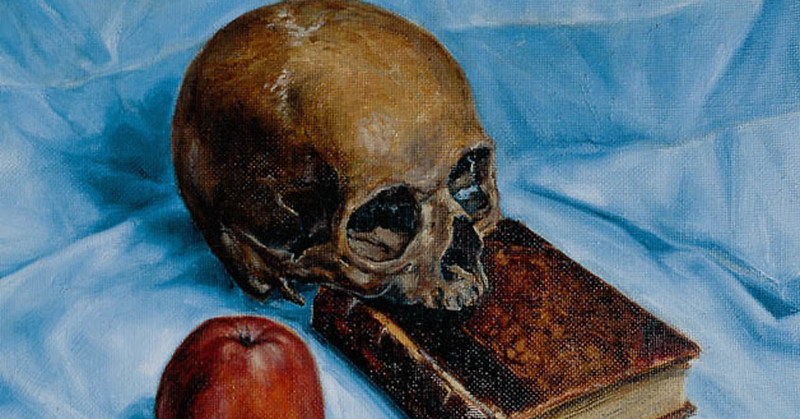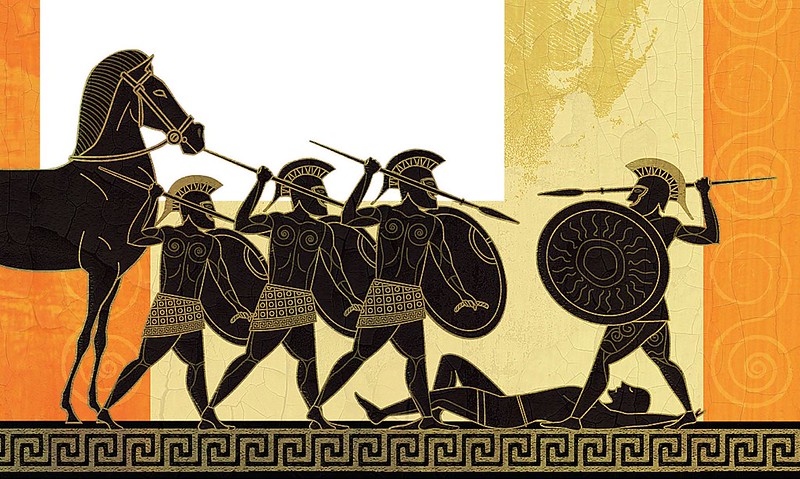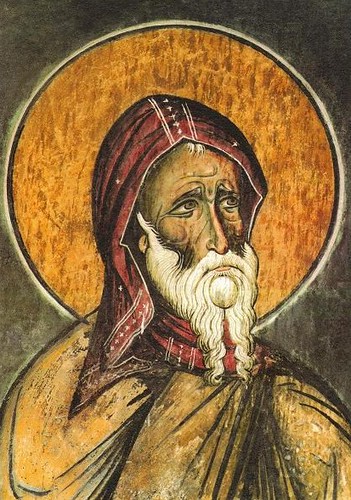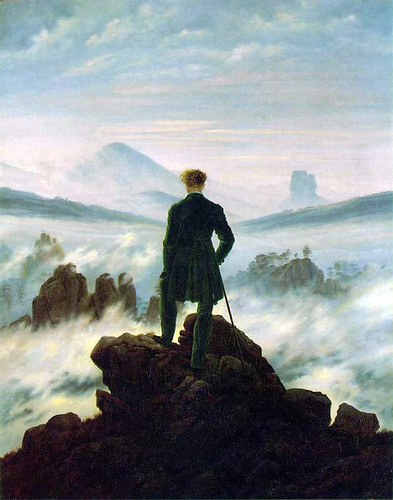“Something Is Happening Here”
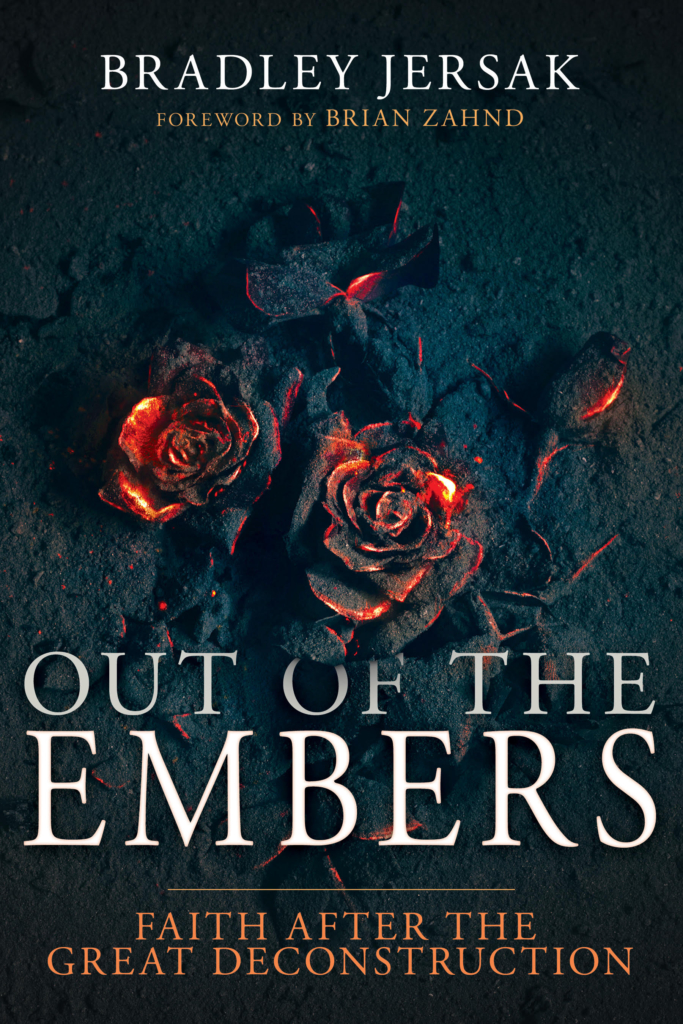
Bradley Jersak’s tremendous new book, Out of the Embers: Faith After the Great Deconstruction, releases November 22, 2022. I had the privilege of writing the foreword for Out of the Embers, and I would like to share it with you in the ardent hope that it will inspire you to read what Steve Bell has described as “a most wise, kind, and timely gift for those of us whose very faith has been traumatized by the tumult of our age.”
BZ
FOREWORD: “SOMETHING IS HAPPENING HERE”
Something is happening here
But you don’t know what it is
—Bob Dylan, “Ballad of a Thin Man”
North America has experienced two episodes of Christian revival known as Great Awakenings — the first in the eighteenth century, the second in the nineteenth century. Both produced a remarkable increase in church membership. (Whether the Jesus movement and the charismatic renewal of the late twentieth century qualify as a third Great Awakening is for others to decide.) But now, in the early twenty-first century, the church in North America is experiencing a precipitous decline — a mass exodus that Bradley Jersak has aptly dubbed “the Great Deconstruction.”
Something is definitely happening here. Mister Jones, the baffled reporter from a bygone age in Bob Dylan’s “Ballad of a Thin Man,” may not know what is happening, but there are others who do. American Christianity as a colonial extension of European Christendom has run its course and is no longer tenable — at least, not as the default religion and organizing center in an increasingly secular society. The phenomenon of what has been popularly labeled “deconstruction” is not a passing fad but names a genuine crisis of faith that millions of Christians, largely through no conscious decision of their own, are now facing. Once a Christianity corrupted by civil religion, consumerism, and clerical abuse is put on trial, the fate of Christian faith hangs in the balance. And, for many people, the jury is still out. It is certainly possible to deconstruct Christianity down to nothing. This has been the experience of many. But then what? What happens after the Great Deconstruction?
Read more
